Hello, pet lovers! 🦜
Cockatiels (Nymphicus hollandicus) are among the most beloved pet birds—and for good reason. These charming, intelligent, and affectionate parrots offer companionship without the extreme demands of larger birds like cockatoos or macaws. But don’t let their smaller size fool you—cockatiels still require significant time, effort, and dedication.
In this detailed review, we’ll cover everything you need to know about cockatiels, from their personality and care needs to costs and long-term commitment. Whether you’re considering your first bird or adding to your flock, this guide will help you decide if a cockatiel is the right feathered friend for you.

Overview
Cockatiels are small parrots native to Australia, known for their playful personalities, whistling abilities, and striking crests. Here’s a quick summary of what makes them unique:
- Handling & Temperament: Social, affectionate, and trainable—but need daily interaction.
- Care & Maintenance: Moderate to high—requires a clean environment, proper diet, and mental stimulation.
- Health & Durability: Sensitive to toxins and stress but can live 15-25 years with proper care.
- Availability: Widely available from breeders, pet stores, and rescues.
- Cost: Affordable initial purchase, but long-term costs (vet bills, toys, food) add up.
Overall: A rewarding pet for dedicated owners who can provide daily attention and a safe, enriching environment.
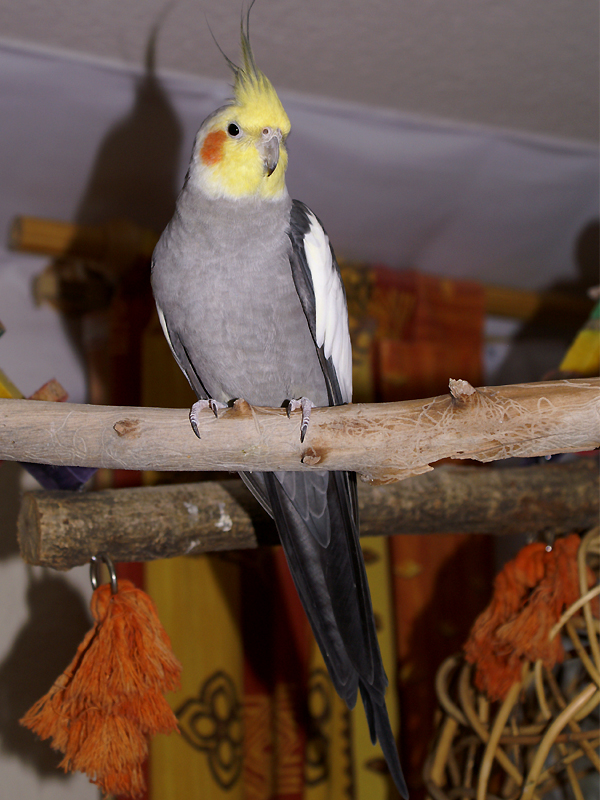
Why Choose a Cockatiel?
Cockatiels are often called the “starter bird“ for parrot enthusiasts, but they’re much more than that. They’re intelligent, interactive, and capable of forming deep bonds with their owners. Unlike larger parrots, they don’t scream at ear-piercing volumes, but they do vocalize with chirps, whistles, and even mimicry.
Best For:
✔ Companion seekers – They thrive on interaction and can become deeply attached.
✔ Apartment dwellers – Quieter than larger parrots but still social.
✔ First-time bird owners – More manageable than macaws or cockatoos but still demanding.
Not Ideal For:
✖ People who travel frequently – Cockatiels need daily attention.
✖ Those sensitive to dust – They produce feather dander.
✖ Households with toxic fumes – Non-stick pans, candles, and aerosols can be deadly.
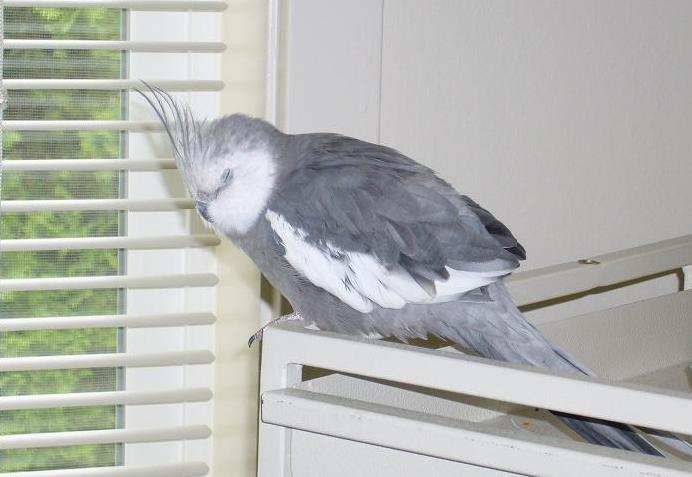
Handling and Temperament
Cockatiels are naturally social and enjoy being handled—if properly tamed. However, their personalities vary widely.
Personality Variations
- Affectionate types – Love cuddles, head scratches, and perching on shoulders.
- Independent types – Prefer observing from a distance but still enjoy interaction.
- Vocal types – Whistle, mimic sounds, or even talk (though not as clearly as larger parrots).
Handling Tips
✔ Start slow – Let them adjust to your presence before handling.
✔ Use positive reinforcement – Treats help build trust.
✔ Avoid forcing interaction – Stressed birds may bite or become fearful.
Biting & Aggression
While cockatiels rarely bite hard, they may nip if frightened. Bites are more of a pinch than a serious injury.
Key Takeaway: A well-socialized cockatiel is a joy to handle, but patience and consistency are key.
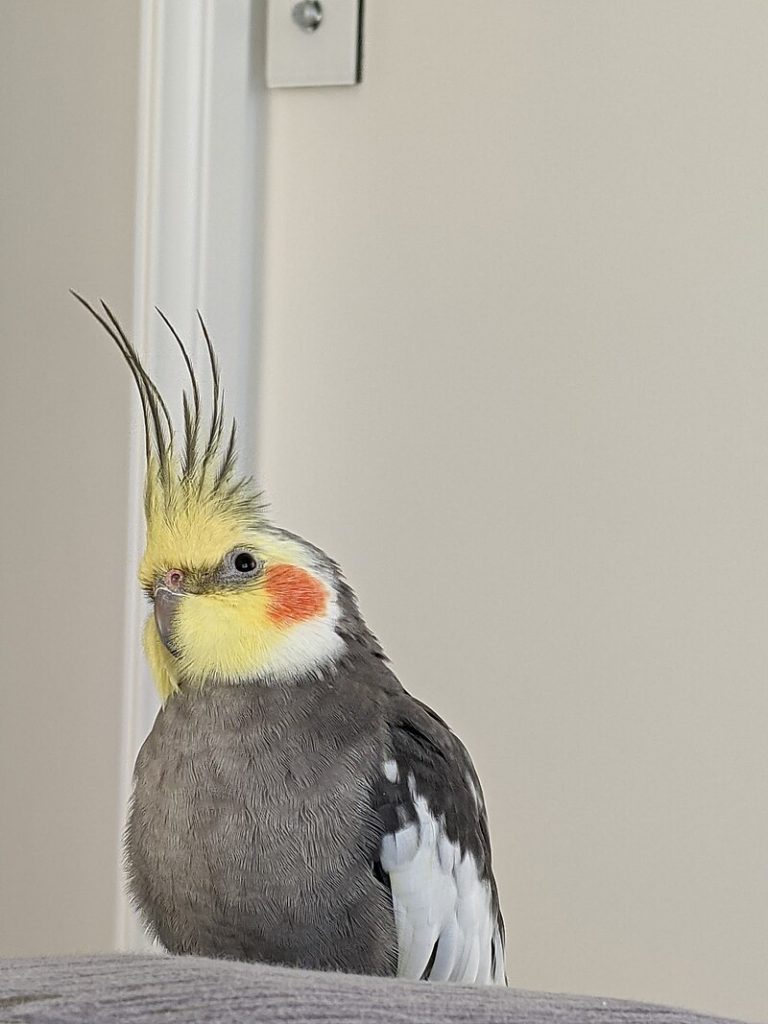
Care and Maintenance
Cockatiels require daily care, a balanced diet, and a stimulating environment.
Enclosure Setup
- Minimum cage size: 24″ L x 24″ W x 30″ H (larger is better).
- Bar spacing: ½” to ⅝” (to prevent escapes or injuries).
- Perches: Natural wood (varying thicknesses to prevent foot problems).
- Toys: Swings, shreddable toys, and foraging puzzles.
Humidity & Temperature
- Ideal temp: 65-80°F (avoid drafts and sudden temperature changes).
- Humidity: Moderate (40-60%)—too dry can cause respiratory issues.
Diet & Feeding
- Pellets (60-70% of diet) – High-quality brands like Harrison’s, Roudybush, or Zupreem.
- Fresh foods (30-40%) – Dark leafy greens, carrots, bell peppers, and occasional fruit.
- Avoid: Avocado, chocolate, caffeine, onions, and salty foods.
Feeding Schedule
- Morning: Fresh chop (veggies + grains).
- Evening: Pellets + occasional treats (millet spray).
Grooming & Hygiene
- Bathing: Mist 2-3 times a week or provide a shallow water dish.
- Nail trimming: Needed if perches don’t naturally wear them down.
- Wing clipping (optional): Prevents flying into hazards but limits exercise.
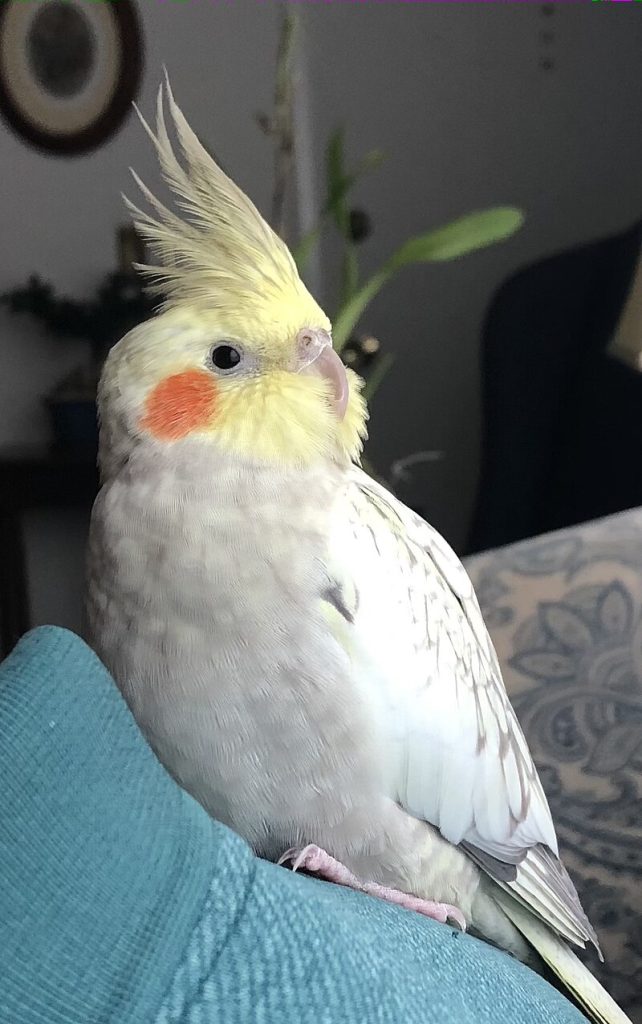
Health and Durability
Cockatiels are relatively hardy but prone to certain health issues.
Common Health Problems
- Respiratory infections (from poor ventilation or toxins).
- Fatty liver disease (from seed-only diets).
- Egg-binding (females) – Can be life-threatening without vet care.
Preventative Care
✔ Annual vet check-ups (avian vet recommended).
✔ Clean cage weekly (avoid ammonia buildup).
✔ Monitor droppings – Changes can indicate illness.
Lifespan: With proper care, cockatiels live 15-25 years—making them a long-term commitment.
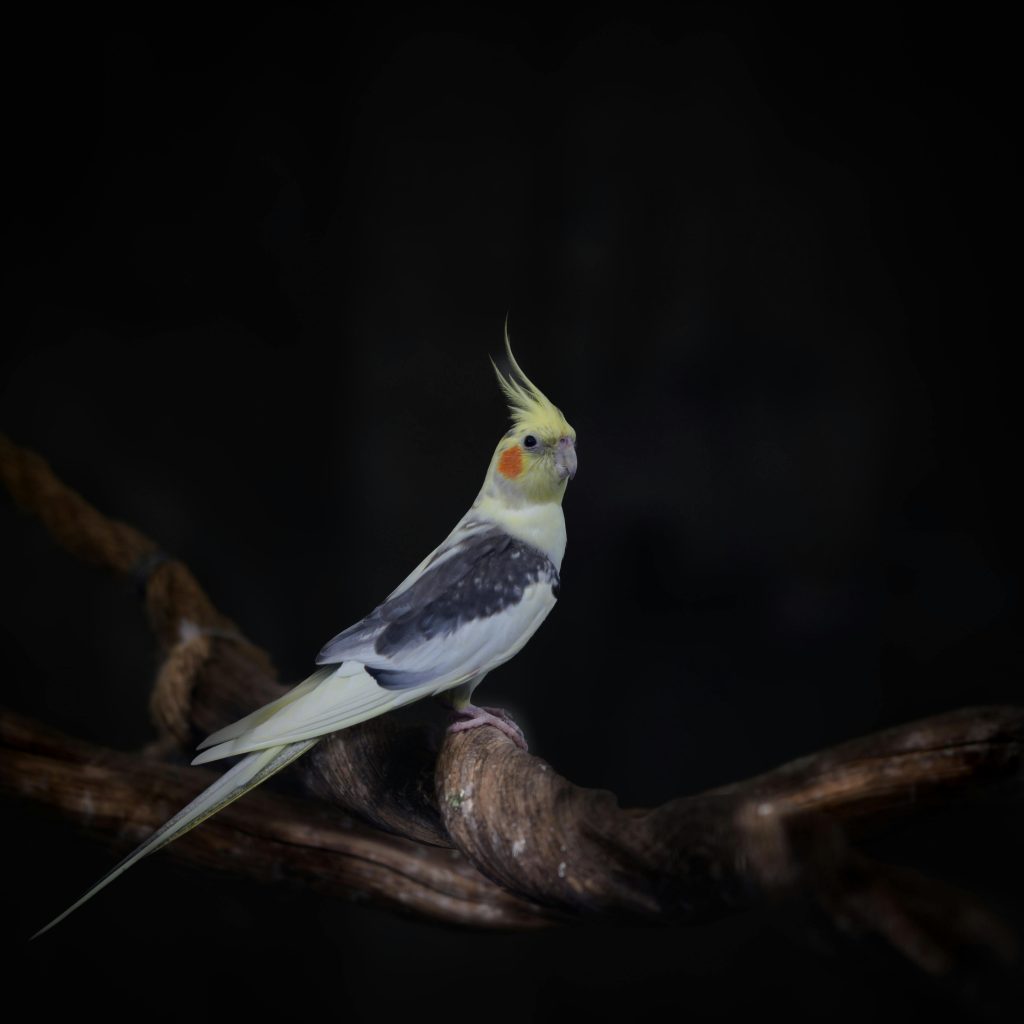
Availability and Cost
Where to Buy
- Reputable breeders – Best for hand-tamed, socialized birds.
- Rescues & shelters – Many need loving homes.
- Pet stores – Less ideal (often less socialized).
Cost Breakdown
- Bird: $100-$300 (color mutations cost more).
- Cage & setup: $200-$500.
- Monthly food/toys: $30-$50.
- Vet bills: $100-$300 per visit (emergencies cost more).
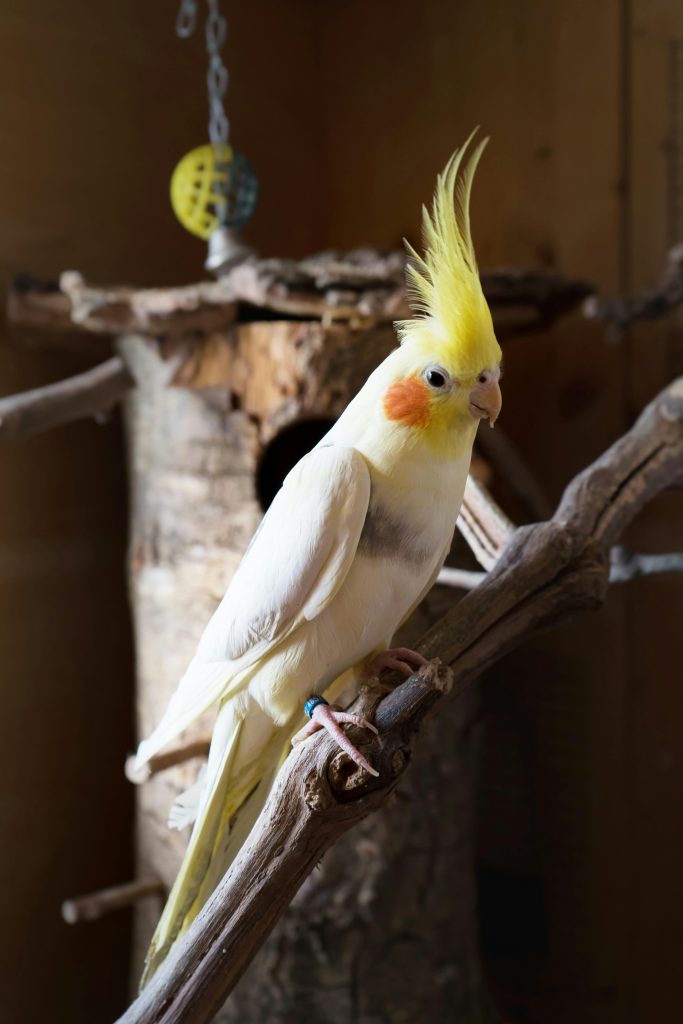
Pros and Cons
Pros
✅ Affectionate & social – Bonds strongly with owners.
✅ Intelligent & trainable – Can learn tricks and mimic sounds.
✅ Long-lived – 15+ years with proper care.
✅ Quieter than larger parrots – Less likely to disturb neighbors.
Cons
❌ Dusty – Produces feather dander (bad for allergies).
❌ Needs daily interaction – Can develop behavioral issues if neglected.
❌ Sensitive to toxins – Requires a bird-safe home.
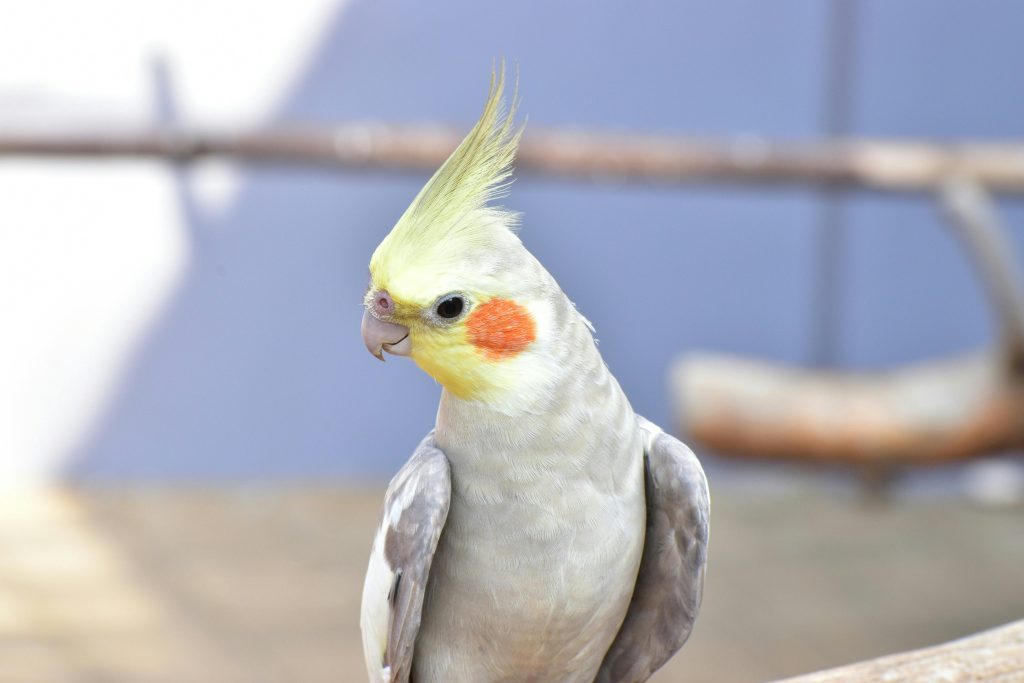
Final Thoughts
Cockatiels are wonderful companions for those willing to invest time, love, and effort into their care. They’re playful, affectionate, and full of personality, but they’re not low-maintenance pets.
Before getting a cockatiel, ask yourself:
- Can I provide daily interaction?
- Am I prepared for 15+ years of care?
- Is my home bird-proofed (no fumes, toxic plants, or hazards)?
If the answer is yes, a cockatiel could be your perfect feathered friend.
Have experience with cockatiels? Share your tips in the comments! 🦜💬
For more bird care guides, stay tuned—and don’t forget to subscribe for updates!

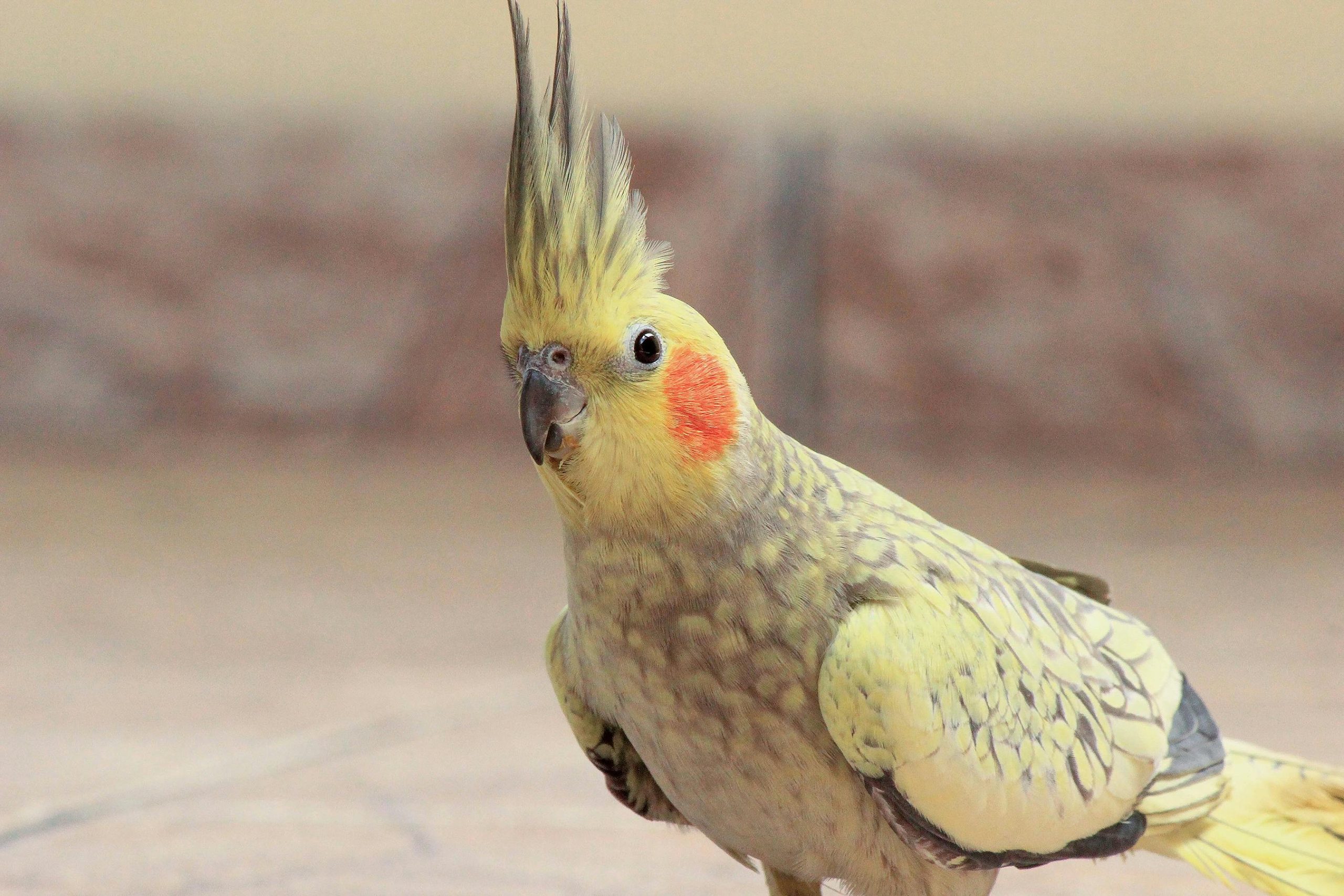

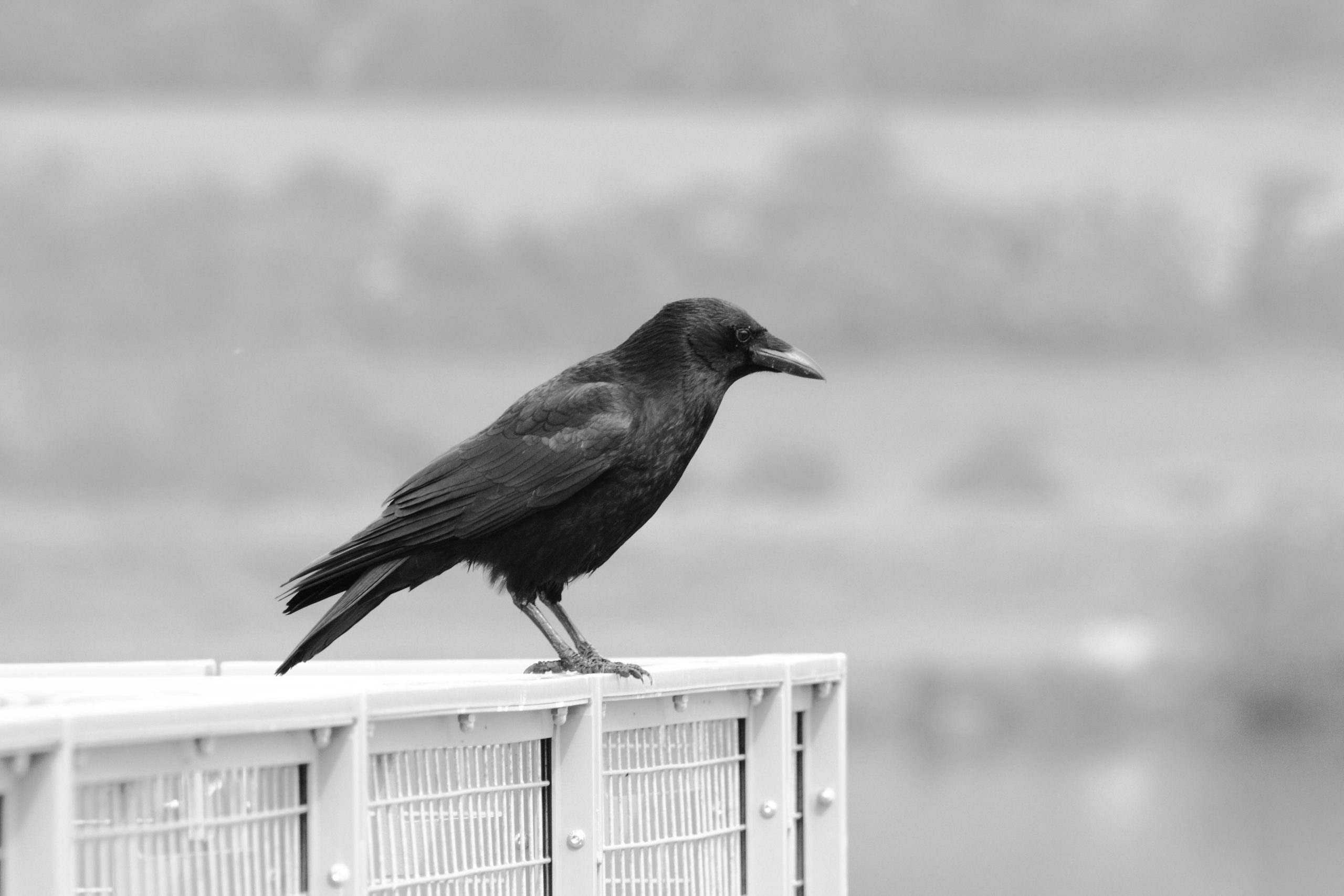
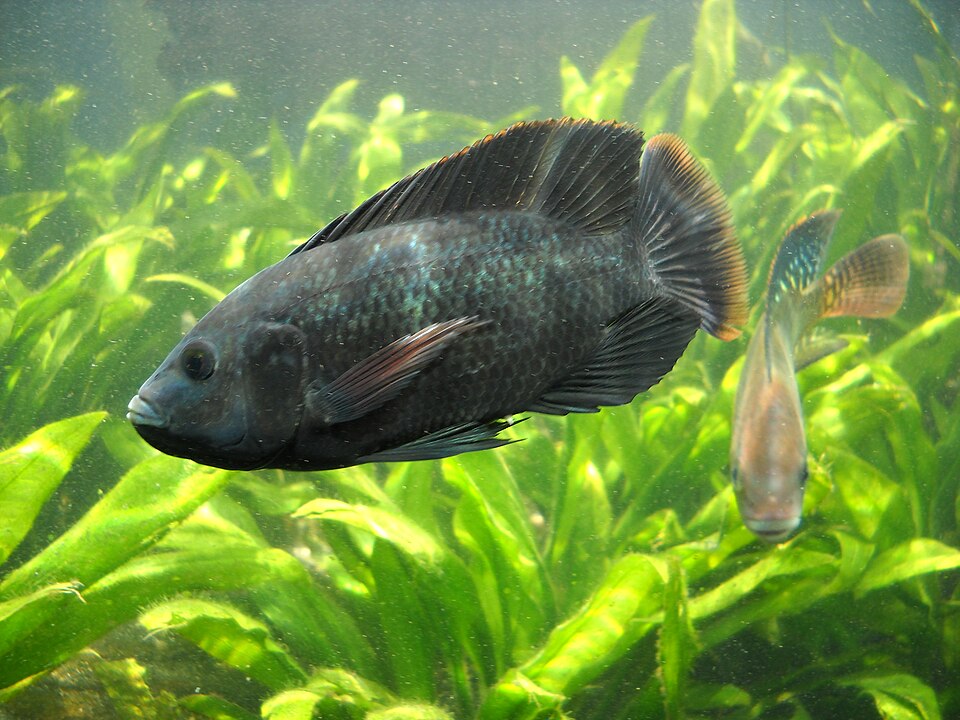
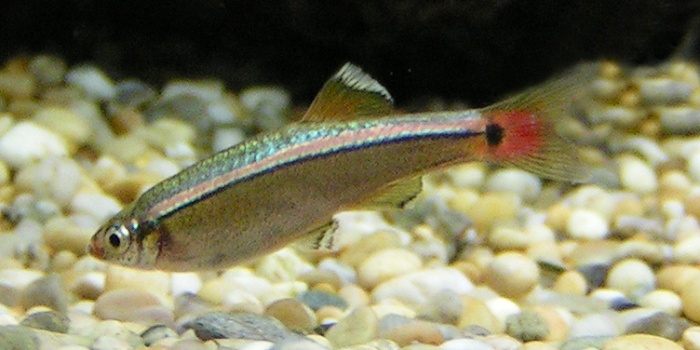
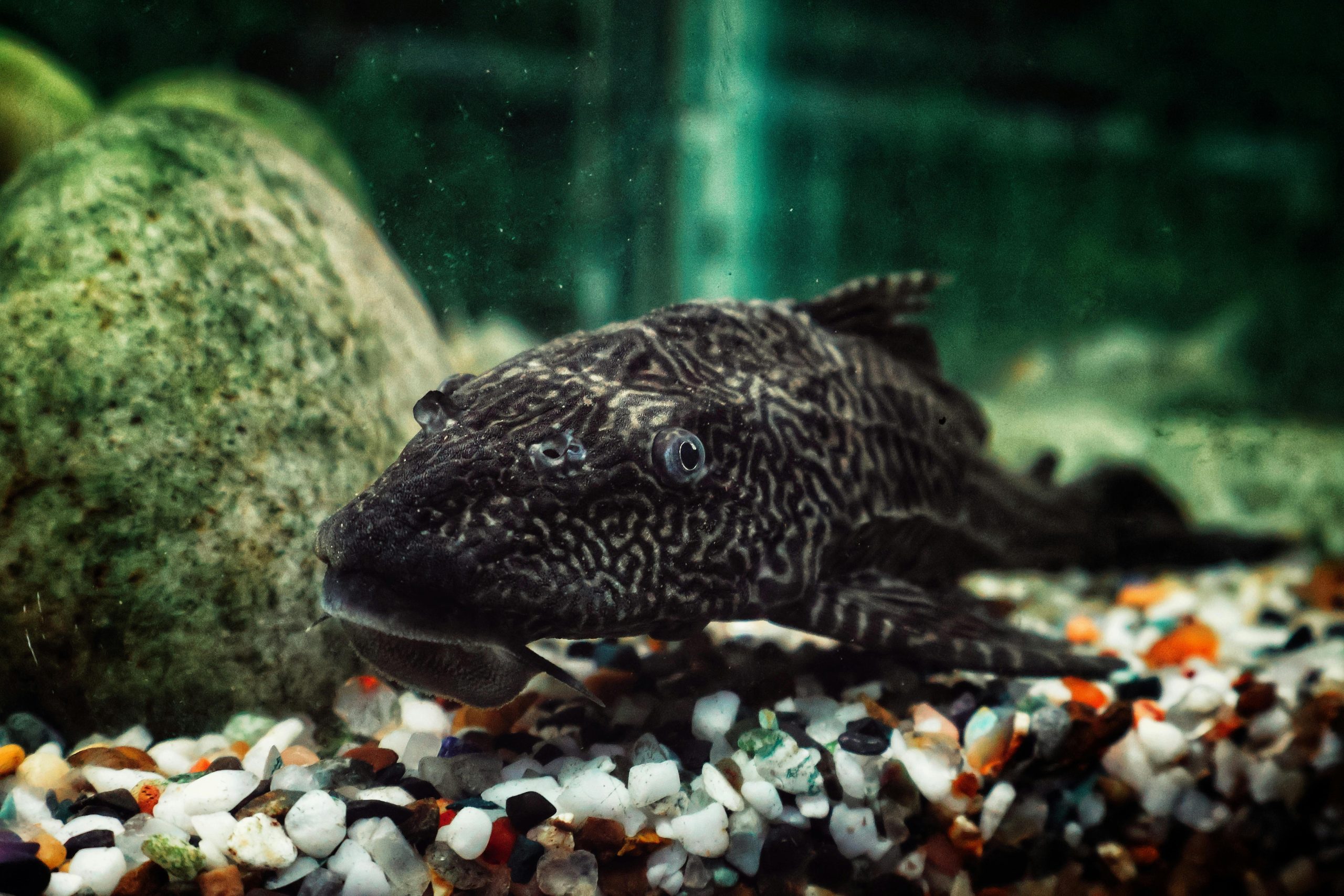
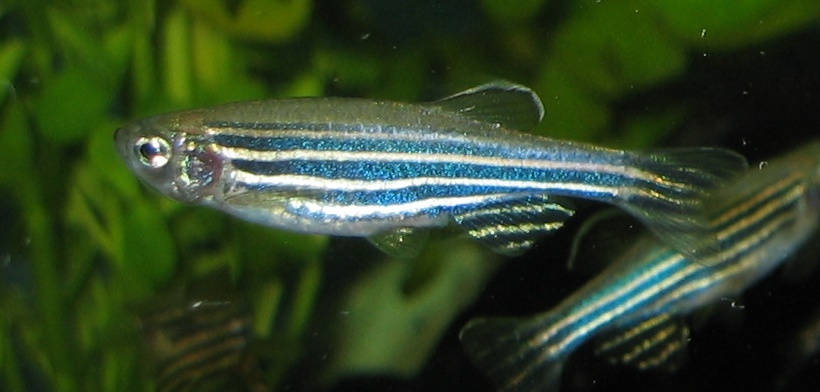
Leave a Reply